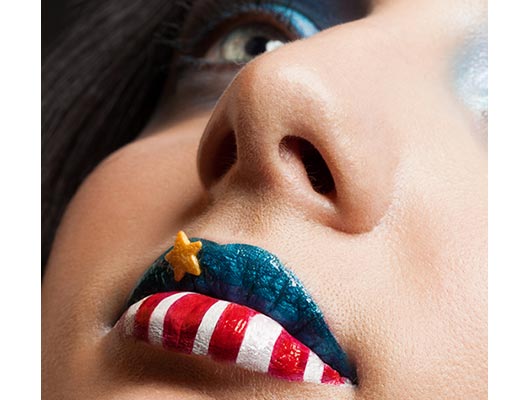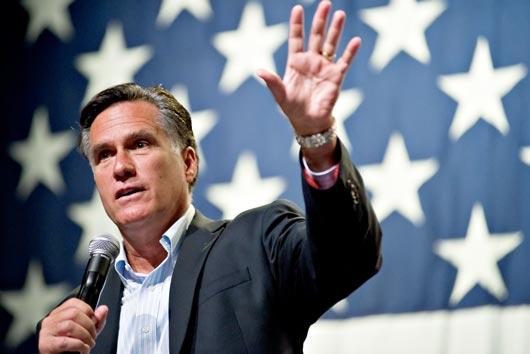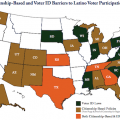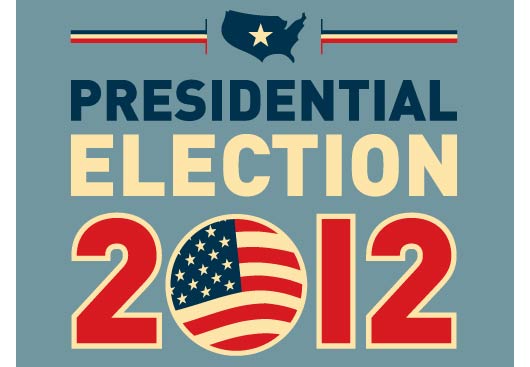
Am I the only mami out there who feels that we’re being approached a little, um, differently this presidential election than ever before? Kind of like we’ve been the homely girl at school who got a makeover, and now all of a sudden the boys are falling all over themselves to go to prom with us. Is it just me, or are we Latinas being treated a bit like pawns in this political chess match?
POLITICIANS: THEY’RE JUST LIKE US!
I’m not sure I understand why race is such a taboo subject in politics. Elected officials, pundits, even just regular folks seem to talk all around it without ever addressing it openly. As a mom of bi-cultural children, I worry that this sends a very confusing message to my kids. “You’re different from the mainstream, but we’re not allowed to talk about it or acknowledge it in any way because it would make you feel bad if we did.”
And clearly (at least to me and my kids) if race were a non-issue, no one would be tripping over themselves to “speak to the Latino voter” or “appeal to the African-American voter” like both parties have been doing, particularly at their respective conventions. We watched both conventions from beginning to end in our house and I remember how my kids, who couldn’t really follow the rhetoric of the speakers (heck, I couldn’t follow them some of the time), were fascinated by the audience. In some cases they were seeing people who don’t look like anyone they come across in their daily lives, in some cases they saw people who look just like them. Bu during both conventions, the speakers were riveted by the signs the audience brandished, the buttons they sported and especially by the passionate expressions on their faces.
Read Related: No Wonder Mitt Romney is Losing the Latina Vote!
I was surprised to find myself listening to the speeches “as a Latina” or “as a mom” or “as a citizen involved in social media.” I must admit that, while I appreciated both parties’ attempts to seem relatable to Latinos and African Americans in particular, I had to wonder why we couldn’t openly discuss the needs of individual ethnic and racial groups in the same way we talk about the needs of, say, seniors or veterans.
CAN WE JUST TALK ABOUT RACE, ALREADY?
I know exactly when I noticed the focus shifting to us Latinas—it was right after the 2010 census. The census results reflected what we’ve all known for years, the diversification of the US is a one-way curve. It’s going up, and it’s not going to come back down ever again. Some ethnicities and races have health issues, education issues and civil issues that are unique to them and need to be addressed for the greater good of everyone. Which means we need to talk about race, already.
In addition to the media circus surrounding the election, I am also going to be watching a groundbreaking documentary on PBS called Race 2012, which endeavors to shed on light on just how race is being approached and played in this election. It will feature interviews with party bigwigs and the pollsters and strategists who shape their messages. It also promises to answer questions like, “How will today’s immigrants shape our electoral landscape? How will white voters react to their falling numbers and influence? What effect will the economic differences between whites and minorities have on America’s political future?” I’m hoping that, by getting a window into their world, I’ll start to feel a little less like a pawn in somebody else’s game.
Race 2012 is scheduled to air on PBS on October 16, check your local listings or follow them on Facebook or Twitter (@PBSRace2012) to learn more.











